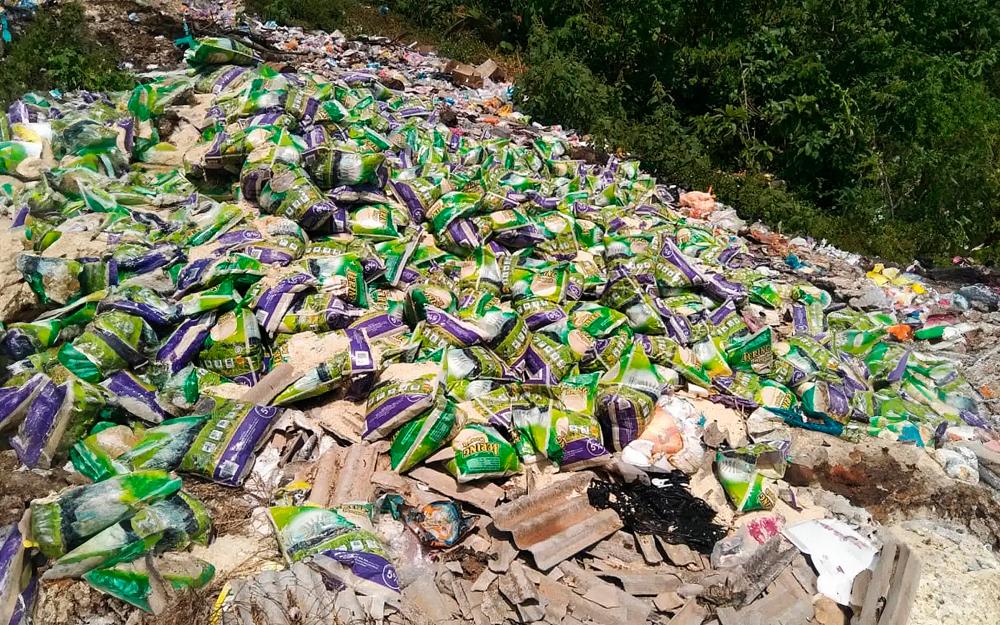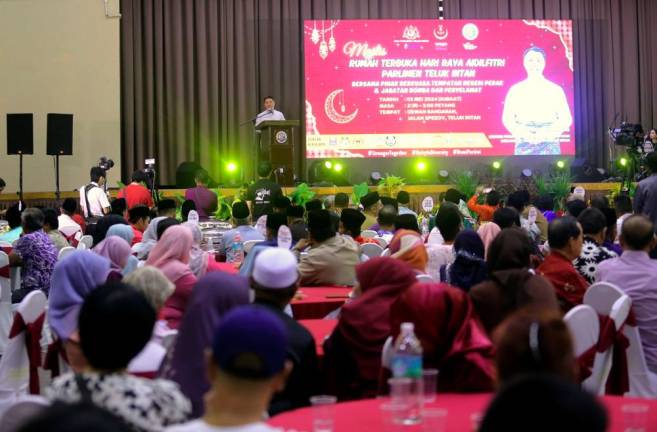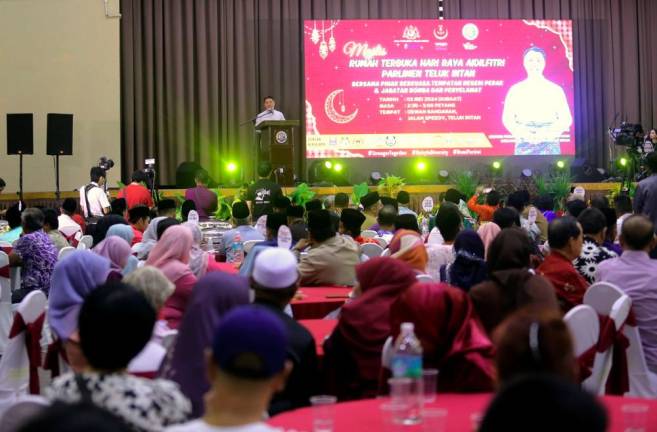PETALING JAYA: The reported disposal of rice at a dumpsite in Temerloh, Pahang by former Kuala Krau MP Datuk Seri Ismail Mohamed Said has upset padi farmers.
Mohammad Harun Abdul Mannan, 54, from Ketereh, Kelantan, said he struggles with lower rice yields due to changing weather patterns, environmental degradation and limited access to modern agricultural technologies and resources.
“We put all our efforts into tending our rice fields, hoping for a good harvest. But each year, our rice yields drop further and it is getting tough to keep farming.
“When I heard about rice being dumped, it just adds to the pain I feel. It is like the farmers’ hard work does not account for anything and just goes unnoticed.”
ALSO READ: Video of rice bags, food items being burned, infuriates public
On Friday, Ismail said the food items, including rice, flour and cans of sardines, found at the dumpsite were part of his stock of daily necessities stored during his time as an MP from March 2004 to November 2022.
The former deputy home affairs minister also said the items were removed as they were not suitable for public distribution due to contamination by dead rats and rice weevils.
Ismail said he purchased the items using personal funds before the 15th general election in 2022 and that no government allocations of any kind were involved for the Covid-19 pandemic or flood preparations.
He also said some of the rice had been given to nearby chicken and duck breeders.
Universiti Putra Malaysia Institute of Tropical Agriculture and Food Security consultant and fellow Prof Datin Dr Fatimah Mohamed Arshad said there could be more to the prolonged accumulation of stock.
While not pointing fingers at anyone, she said it is possible that market dynamics are being manipulated in the interest of certain people.
“This may involve hoarding, intentionally limiting supply to raise prices and taking advantage of price hikes by mixing different grades of rice,” she said.
Fatimah added that such tactics challenge market fairness and consumer well-being.
“Hoarding can create artificial shortages and worsen price instability, while intentionally reducing supply can unfairly harm consumers and smaller businesses.”
Fatimah said the ministry must tackle these underlying motives and ensure transparency and accountability from Ismail.
“It is essential for policymakers and stakeholders to prioritise the effective distribution of food to prevent such occurrences.”
Consumers Association of Penang senior education officer N. V. Subbarow said Ismail’s reasons for dumping the items were “absurd”.
“He shouldn’t be making excuses like blaming rats and rice weevils, which indicates poor storage practices.”
Subbarow said one must be blind or ignorant not to know how many packets of food items there are and noted that no one would throw away uncooked rice.
“Just because the food items were purchased with personal funds does not give one the freedom to do as one pleases, especially when an MP is meant to assist the people in his constituency.”
In his statement, Ismail said he would take responsibility, expressed regret over the incident and apologised for how the items were disposed.
Meanwhile, SWCorp Pahang director Sharudin Hamid said the 0.1ha dumpsite was provided by Felcra Bhd for the residents’ use five to six years ago, but it was not licensed through SWCorp.
He added that those involved in dumping controlled solid waste in unpermitted areas can be charged under Section 71(1) of the Solid Waste and Public Cleansing Management Act 2007.
Agriculture and Food Security Minister Datuk Seri Mohamad Sabu said the Kawalselia Padi dan Beras branch in Temerloh found that the bags of rice and other food items were damaged and unsafe for consumption.
Nonetheless, he added that the matter is being probed under the Control of Padi and Rice Act 1994 (Act 522) since rice cannot be disposed without first referring to a monitoring body.












